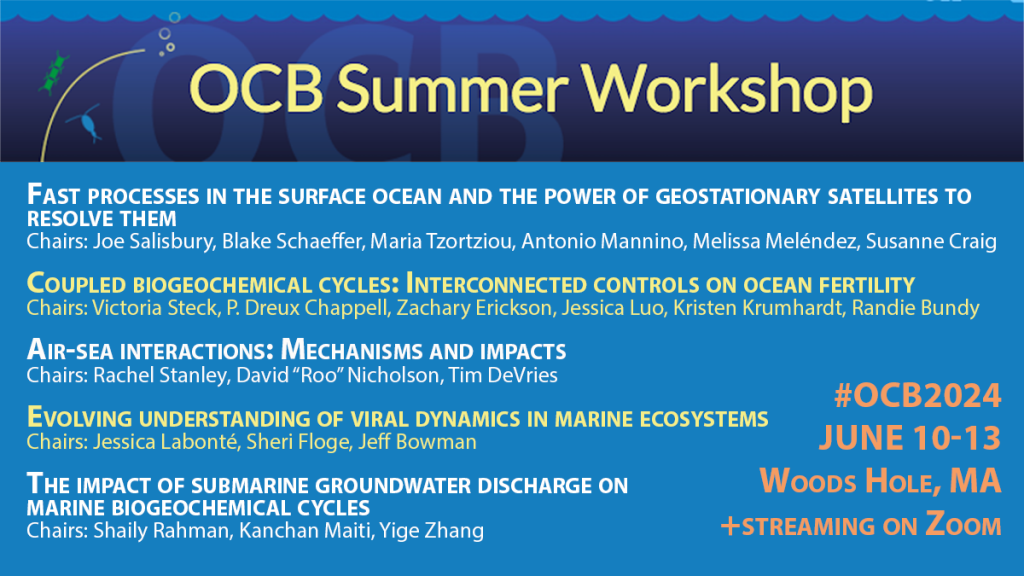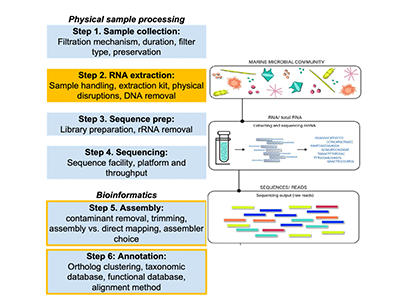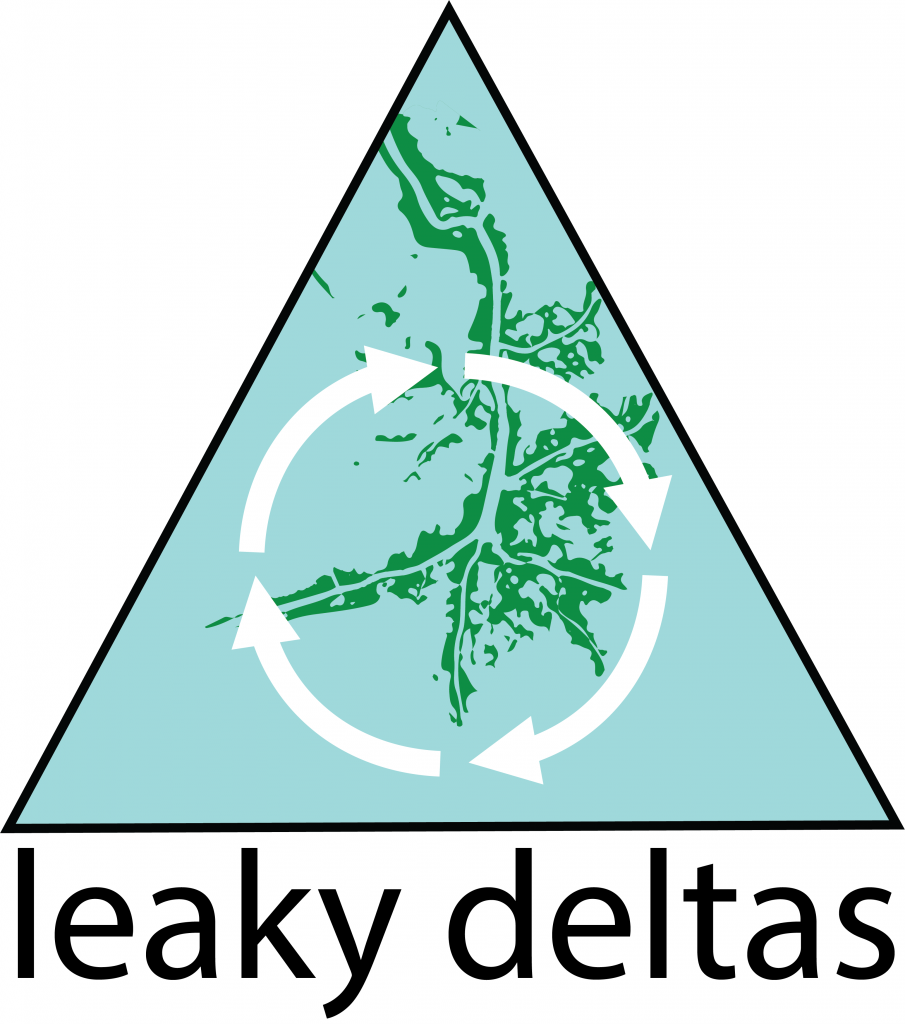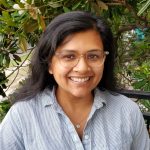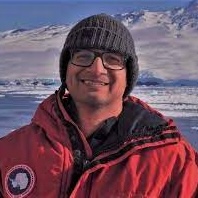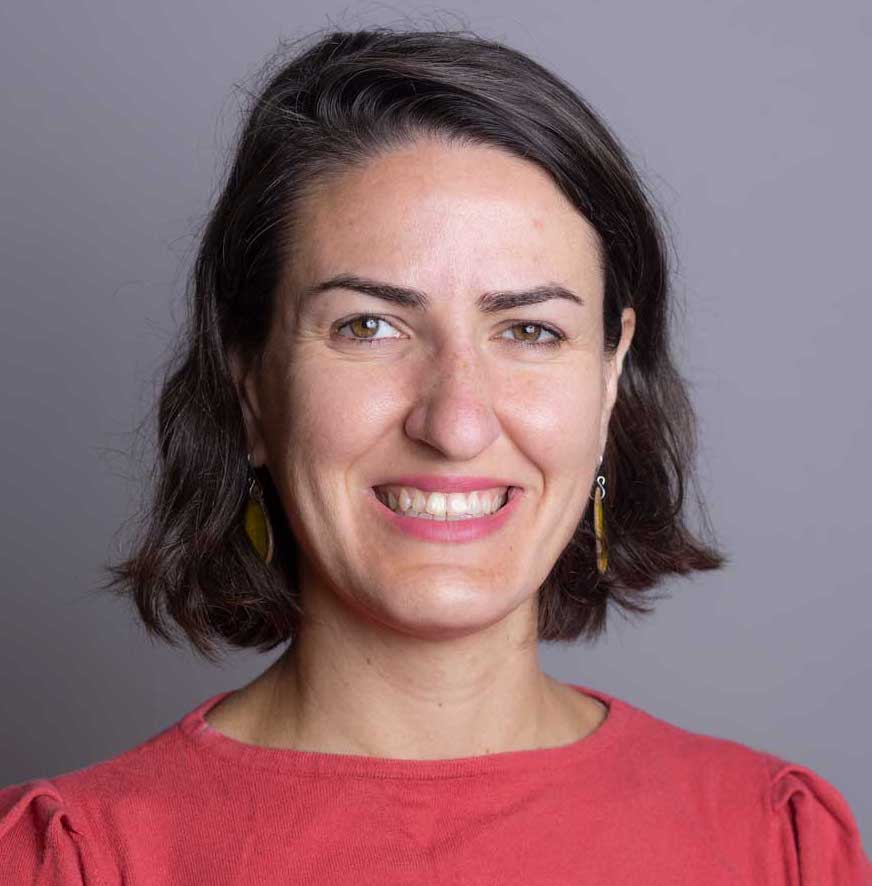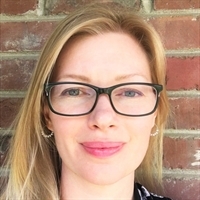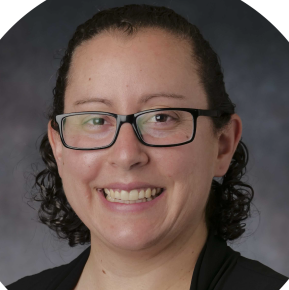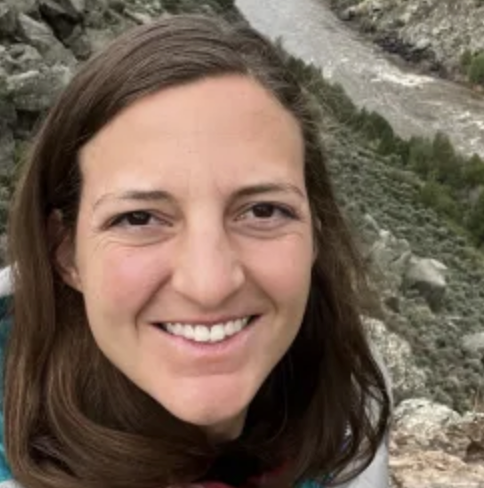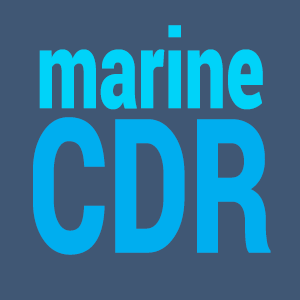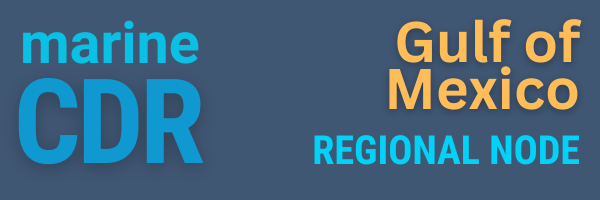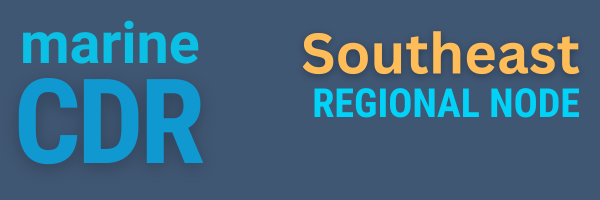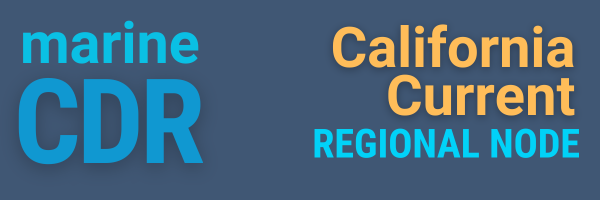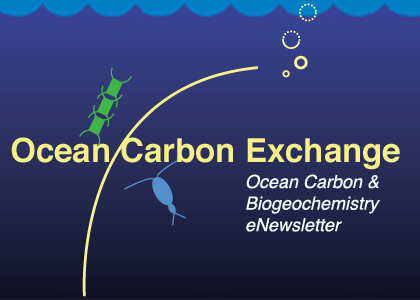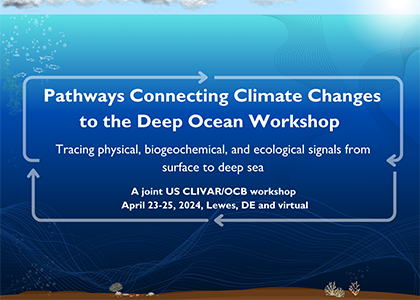
Four-part Pathways Connecting Climate Changes to the Deep Ocean Webinar Series
APRIL 11 + APRIL 18, 1pm ET (also May 2 + 9)
This webinar series will set the stage for the Pathways Connecting Climate Changes to the Deep Ocean Workshop and ignite preliminary conversations between observational oceanographers and modelers across physical, biogeochemical, and ecological communities. Through this webinar series and the workshop, we aim to develop recommendations for improved detection and attribution of change in the global deep ocean system.
--------------
APRIL 18
SPEAKERS
Henry Ruhl (Monterey Bay Aquarium Research Institute) - Long-term abyssal time series and what they tell us about climate impacts on the deep sea
Studies on the connections between climate variation and change to changes in the deep sea have revealed that the connections can be abrupt even though deep ocean mixing occurs at decadal to millennial scales. A key mechanism for shorter-term change has been shown to be variations in sinking particulate flux, i.e. marine snow. Effects have been understood through time series observations of changes in climate, ocean circulation, surface primary productivity, sinking particle flux, changes in seafloor fauna from microbes to fishes, respiration at the seabed, and ambient oxygen concentrations. While some aspects have been reliably observed, some mechanistic aspects remain poorly constrained. For example, the sinking particle flux rates are highly variable over a range of time scales from hourly to interannually, but the drivers in the most intense events vary in ways that have been challenging to bring into a unified theoretical construct. The talk will review some of the evidence to date and prospective ideas for resolving mechanisms of change.
Amy Maas (Arizona State University-Bermuda Institute of Ocean Sciences) - Biological and biogeochemical pathways of carbon into the deep sea
JOIN
Join webex (no registration required)
Meeting number: 2630 998 6551
Password: RgGTtgfD536
PAST WEBINAR
APRIL 11 - recording coming soon
Baylor Fox-Kemper (Brown University) - Which ocean variables and climate variables? The "recalcitrant" deep water mode correlates with surface processes, climate sensitivity, and thermosteric sea level rise
Global thermosteric sea level rise can be estimated accurately with only a two-layer model for global mean thermosteric sea level (Palmer et al. (2018), IPCC AR6). This same two-layer model can be used to infer the global energy budget (IPCC AR6) and as a basis for quantitatively accurate emulators built by our group. This simple model has a surface layer that is "active" in that it warms up quickly and a deep layer that is "recalcitrant" and exchanges energy on a slower timescale. The emulator can assess parameter and process sensitivity: regional mixed layer depth is significantly correlated with the emulator model parameters. Using Argo observations of mixed layer depths as an emergent constraint, the likely range of equilibrium climate sensitivity (ECS) for a CMIP6 model collection can be narrowed by 40%. The emulator can also be hybridized with an extended Kalman filter, which makes it possible to use Argo and GMST data simultaneously to estimate the "climate state" of the earth and how it responds to potential future volcanism.
Isabel Le Bras (WHOI) - Pathways for dense waters into the deep North Atlantic: Lessons from OSNAP and OOI
LEARN MORE
Pathways workshop website
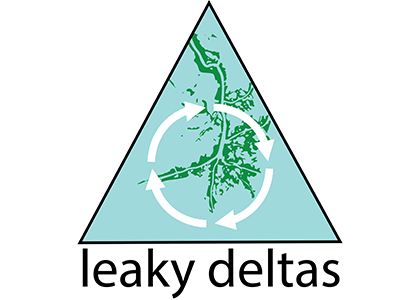
A lead-up activity to the spring 2025 OCB Scoping Workshop: Leaky deltas: sources or sinks in the global carbon cycle?
APRIL 18 + MAY 30, 10am ET
River deltas and the adjacent coastal ocean are critical interfaces between terrestrial and oceanic environments. Deltas are the entry point of ~50% of the fresh water and 40% of all global particulate matter entering the ocean. They are major centers for particulate and dissolved organic carbon transfer between the land and ocean.
APRIL 18 Subtropical deltas
Preservation mechanism of sedimentary organic carbon in the Changjiang Estuary (Bin Zhao, First Institute of Oceanography)
Musings on mud: A key medium in deltaic coastal biogeochemistry and beyond (Thomas Bianchi, Univ. Florida)
REGISTER
Register for Zoom details
MAY 30
SPEAKER
Bob Aller (Stony Brook University) - Topic TBA
REGISTER
Register for Zoom details
LEARN MORE
Leaky Deltas workshop website
Did you attend the March 14 webinar? We're looking for feedback!
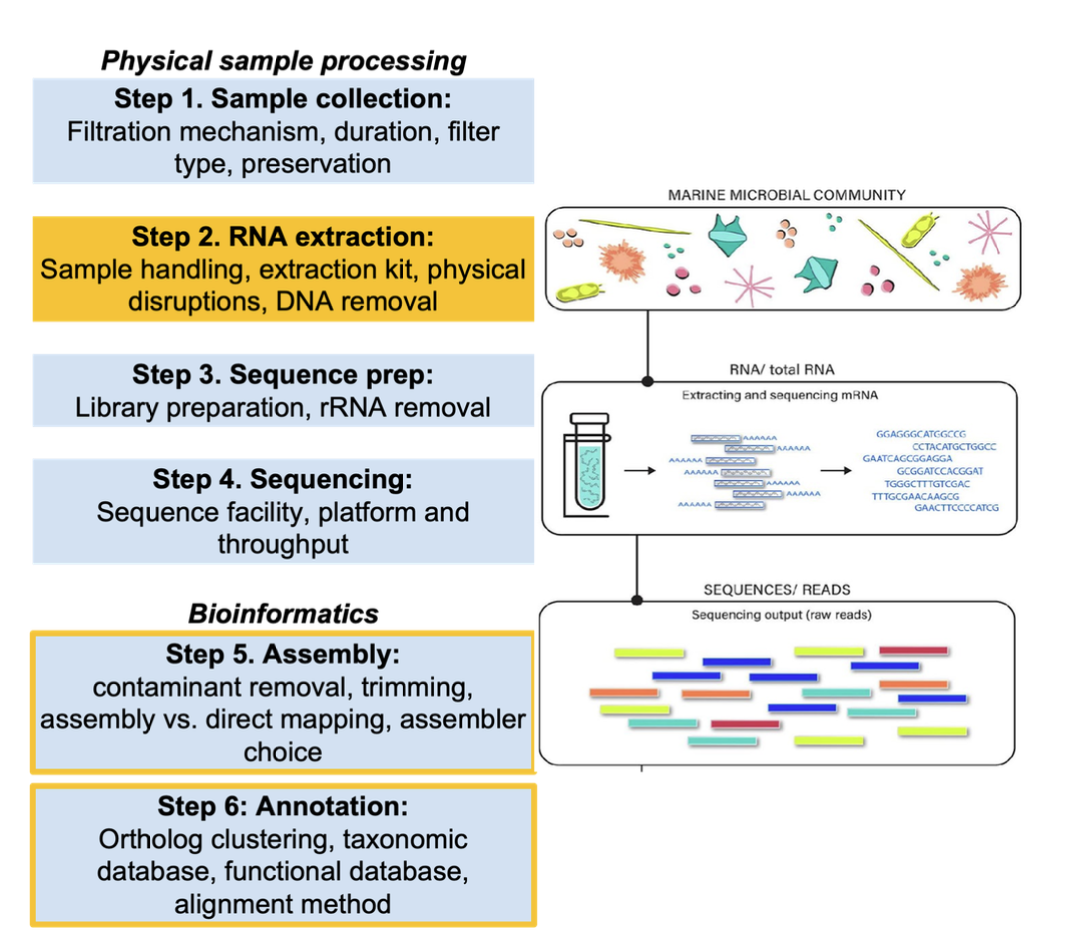
NEW ACTIVITY webinar series: Meta-eukomic: Intercomparison of metatranscriptomic methods for characterizing microbial eukaryote contributions to the biological carbon pump
MAY 1, 2pm ET
OCB is supporting an exciting new small group activity called META-EUKOMICS, being led by Harriet Alexander (WHOI), Natalie Cohen (UGA), Sarah Hu (TAMU), and Adrian Marchetti (UNC Chapel Hill). The goal of this working group is to determine how various methodological choices made during metatranscriptome processing influence downstream biological interpretations. This group is broadly interested in microbial ecology, with a focus on the utility of omic tools, their development, and how they can be used to further our understanding of marine microbial diversity and function. They look forward to discussing other omic intercomparison efforts and what can be learned from these exercises.
To engage the broader community, OCB is hosting a bimonthly webinar series that is open to all who are interested, with the first meeting planned for May 1.
MAY 1 THEME: omics intercomparisons and proteomic/transcriptomic applications in the field
SPEAKERS
Mak Saito (WHOI) and Erin Bertrand (Dalhousie University)
Breakout discussion (30m)
REGISTER
Register for Zoom details
LEARN MORE
Activity website
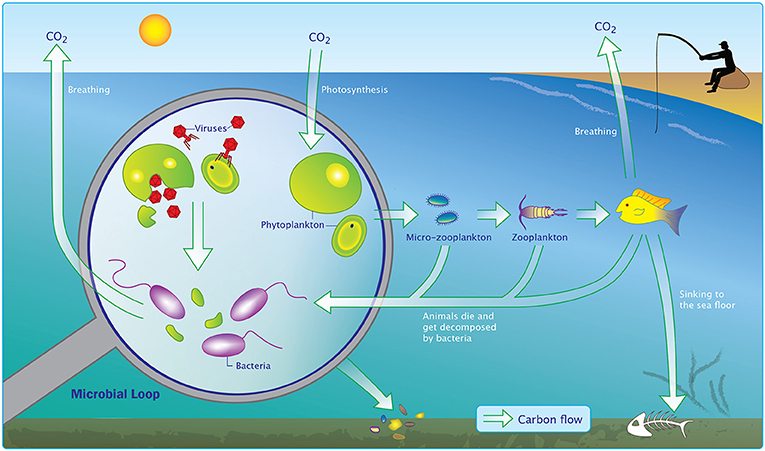
A webinar related to the OCB2024 plenary session: Evolving understanding of viral dynamics in marine ecosystems
Co-chairs: Jessica Labonté (TAMU-G), Sheri Floge (Wake Forest Univ.), Jeff Bowman (Scripps Inst. Oceanography)
Viruses are an integral component of marine microbial communities, facilitating flux between particulate and dissolved carbon pools. Despite their known prevalence and activity in marine systems, fundamental knowledge gaps prevent the inclusion of viruses in current carbon cycling models. This OCB plenary session and webinar series will summarize the current state of understanding of key functions and pathways mediated by viruses in marine food webs. Speakers will share ecological insights from virus-host models, ecosystem-wide studies, and explore the role of viral dynamics in carbon transformation and biological carbon export.
WEBINAR #1: MAY 8, 11 am EDT (1 hour)
Rui Zhang (Shenzhen University)
Flora Vincent (European Molecular Biology Laboratory)
WEBINAR #2: MAY 20, 9 am EDT (90 minutes)
Debbie Lindell (Technion - Israel Institute of Technology)
Kim Thamatrakoln (Rutgers Univ.)
Marcie Marston (Roger Williams Univ.)
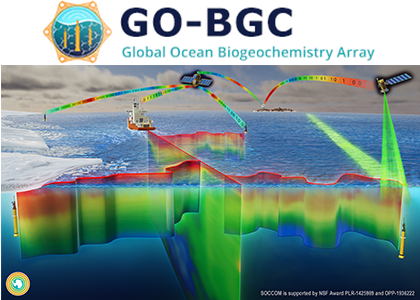
GO-BGC Webinar #7 – High Latitude Ocean Biogeochemistry
MAY 9, 1pm ET
Please join us for the quarterly GO-BGC webinar, hosted by the US Ocean Carbon and Biogeochemistry Project Office. This webinar will be focused on high-latitude ocean biogeochemistry by exploring the research of two groups that participated in the 2023 GO-BGC/BGC Argo Float Data Workshop at the University of Massachusetts Boston. The webinar will begin with an update on the status of the GO-BGC float array, followed by two short presentations. We’ll then close with a community discussion and Q and A session. Recordings will be available on the OCB and GO-BGC websites.
SPEAKERS
Yui Takeshita (MBARI) - An update on the GO-BGC program
Daniel Koestner (University of Bergen, Norway) - Biogeochemical properties of the Lofoten Basin Eddy from 14 years of BGC-Argo float data
Oceanic eddies are typically short lived but are a crucial physical phenomenon supporting heat and nutrient exchanges across water bodies. The Lofoten Basin Eddy (LBE) is a seemingly permanent topographically constrained anti-cyclonic eddy situated in the northern Norwegian Sea containing relatively cool surface waters and consistently warmer subsurface waters. As such, the conditions in the LBE may drive significantly different biogeochemical processes than the surrounding waters. Here we examine the unique biogeochemical signatures of the LBE with the 14-year timeseries of BGC-Argo float observations. We describe methodology for float-eddy colocation and examine differences in key biogeochemical parameters inside and outside of the eddy, including organic carbon export.
Sophie Shapiro (University of California San Diego, USA) - Lessons and opportunities from the Southern Ocean Sea Ice team at the 2023 GO-BGC Float Data Workshop
In the winter of 2023, the Southern Ocean reached a record low sea ice extent anomaly. This unprecedented low sea ice coverage coincided with the August convening of the GO-BGC float data workshop. What insights could a cohort of motivated researchers uncover with two working days and the BGC Argo dataset? In this talk, we present preliminary data from BGC floats deployed in the Southern Ocean marginal sea ice zone. We illustrate the potential of the observational network to investigate further questions about the dynamics and impacts of changing sea ice. Finally, we highlight insights and challenges from the GO-BGC workshop to demonstrate the further potential of collaborative data working groups.
Discussion
REGISTER
Register for Zoom details
LEARN MORE
GO BGC webinar series



